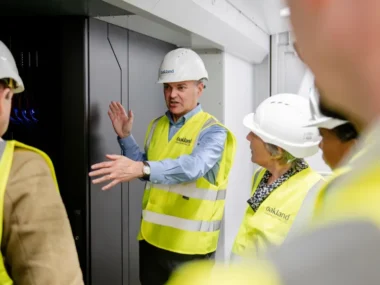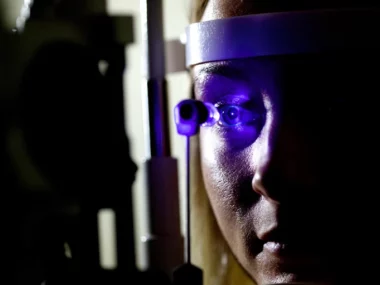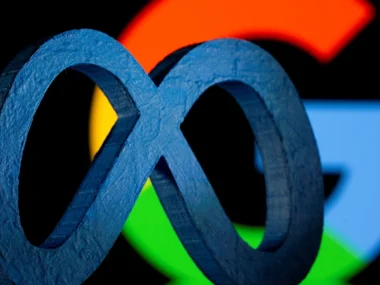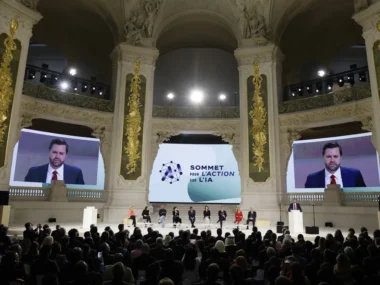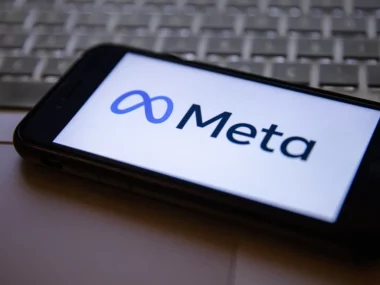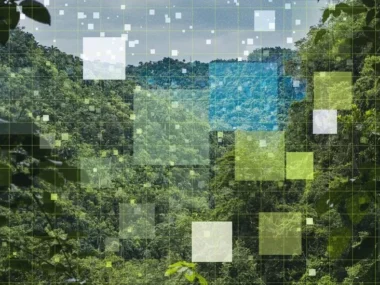News Highlights:
- Singers such as Charli XCX, Charlie Puth, Troye Sivan, and Sia have given permission for YouTube to create replicas of their voices using AI technology.
- Individuals will have the capability to generate songs incorporating these artists’ vocals through a straightforward text command or prompt.
- At present, the experimental tool is solely accessible to approximately 100 users.
- This development arrives as the music industry grapples with both the potentials and risks associated with Artificial Intelligence.
YouTube unveiled an AI tool enabling users to mimic the voices of pop icons such as Demi Lovato and John Legend.
The experimental feature, named Dream Track, enables users to craft brief songs by specifying elements such as lyrical themes and mood.
Nine artists, including Charli XCX, Troye Sivan, T-Pain, and Sia, have granted permission for their voices to be replicated by the software.
Presently, approximately 100 creators in the US have access to this tool, which is limited to providing soundtracks for videos on YouTube Shorts, the platform’s counterpart to TikTok.
YouTube showcased two sample videos created with Dream Track, featuring somewhat convincing but notably subpar imitations of Charlie Puth and T-Pain.
The Puth track was generated using the prompt: “A ballad about how opposites attract, upbeat acoustic.”
The outcome feels like a low-quality MP3, containing digital artifacts. At certain points, Puth’s voice seems distorted, with some consonants sounding blurred and unclear.
However, the track remains distinctly reminiscent of his R&B-infused pop hits, and the lyrics, albeit mundane, align with the theme: “Baby, we’ve got nothing in common / But I know I’m what you’ve been wanting.”
In a blog statement, YouTube’s head of music expressed that the tool was crafted to “test, learn, gain feedback and hear ideas” from both artists and viewers.
“In this initial phase, the experiment aims to explore how the technology might foster deeper connections between artists and creators, ultimately strengthening their bond with fans,” mentioned Lyor Cohen, who previously played a significant role in launching the careers of artists such as Run-DMC and the Beastie Boys.
The launch occurred just within 24 hours after YouTube’s announcement of its intention to notify viewers when they’re watching videos created using artificial intelligence.
Additionally, the Google-owned company stated it would permit individuals to request the removal of videos that employ AI to replicate a recognizable person.
Dream Track differs because it has explicit approval from the involved artists. However, this contrast highlights a broader discussion surrounding AI in creative industries.
Numerous existing tools seem to have been trained on copyrighted material, resulting in legal actions by authors like Jonathan Franzen, Jodi Picoult, and George R. R. Martin.
For instance, in April, Universal Music successfully urged streaming services to remove a song titled “Heart On My Sleeve,” which utilized AI-generated vocals resembling their artists Drake and The Weeknd.
The label asserted that “the training of generative AI using our artists’ music” constituted “a violation of copyright law.” However, this position hasn’t been tested in court and remains a legal grey area.

T-Pain expressed, “I’ve consistently focused on pushing the limits of technology and using it to create the most captivating music for my fans.”
However, Lucian Grainge, the head of Universal, was among the music industry leaders endorsing YouTube’s latest advancement.
“In this ever-changing and dynamic market, artists benefit most when we collaborate with our technology partners to cultivate an environment where responsible AI can thrive and develop,” Grainge stated. “Only through active, constructive, and deep engagement can we collectively build a successful future.”
These sentiments were echoed by the involved artists, albeit cautiously.
“When YouTube initially approached me, I was hesitant, and I still am,” said Charli XCX. “AI is poised to revolutionize the world and the music industry in ways we don’t fully comprehend yet. This experiment will provide a glimpse into the potential creative opportunities, and I’m curious to see its outcomes.”
“The advancement of AI technology is progressing rapidly, and we should be part of that evolution,” emphasized T-Pain, reflecting a common sentiment.
“I believe as artists, we should contribute to shaping what that future looks like,” concurred Demi Lovato.
While the ability to replicate famous voices will capture significant attention, Google also introduced several other AI music projects. These include a tool enabling artists to hum a melody and have software generate an instrumental based on that tune.
Moreover, the company highlighted that AI-generated content produced using these tools will be watermarked for transparency.


